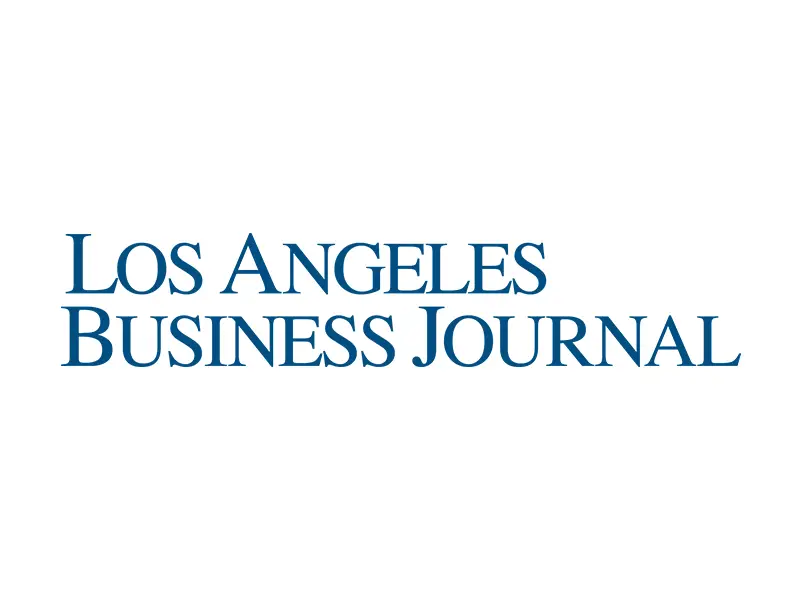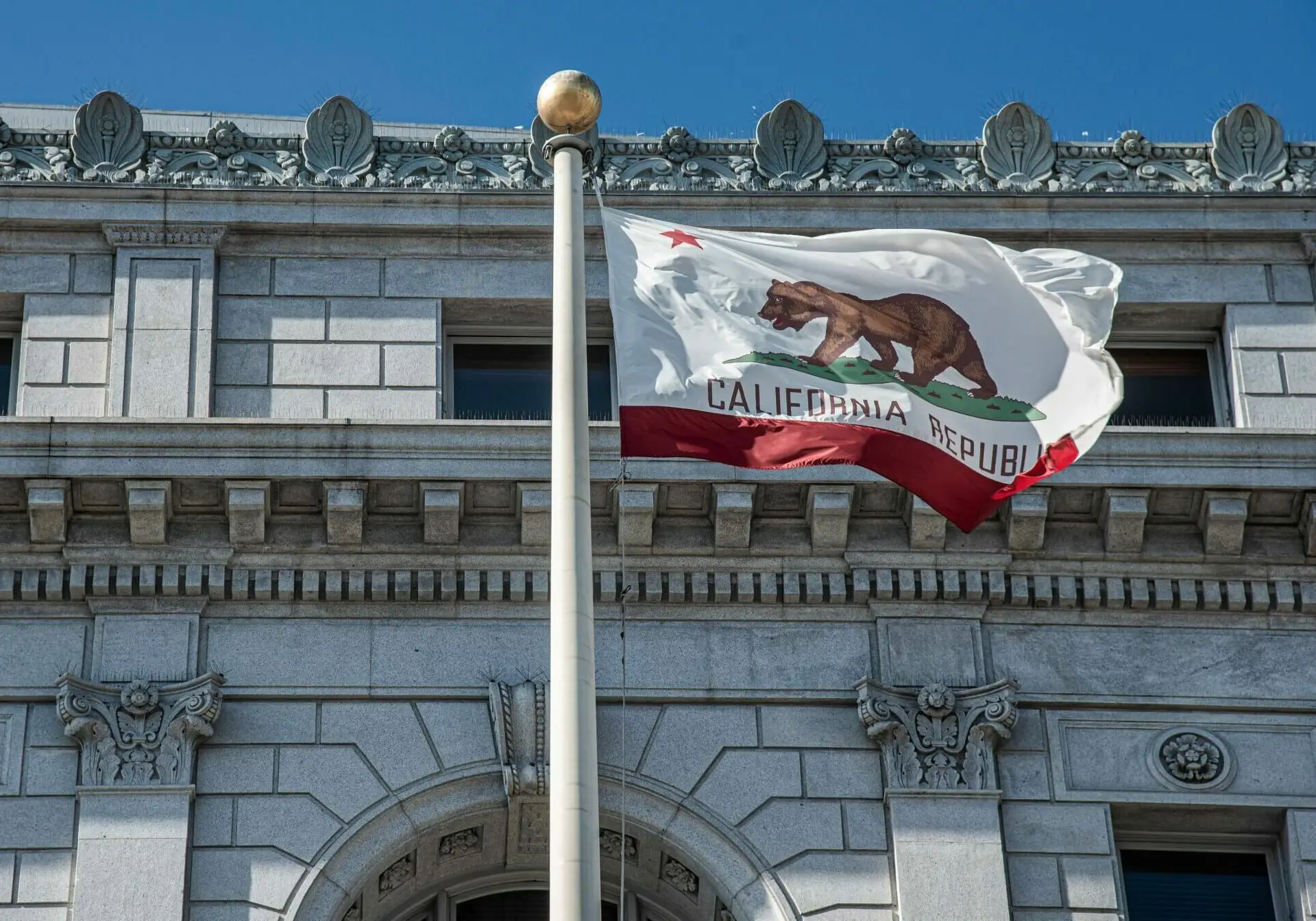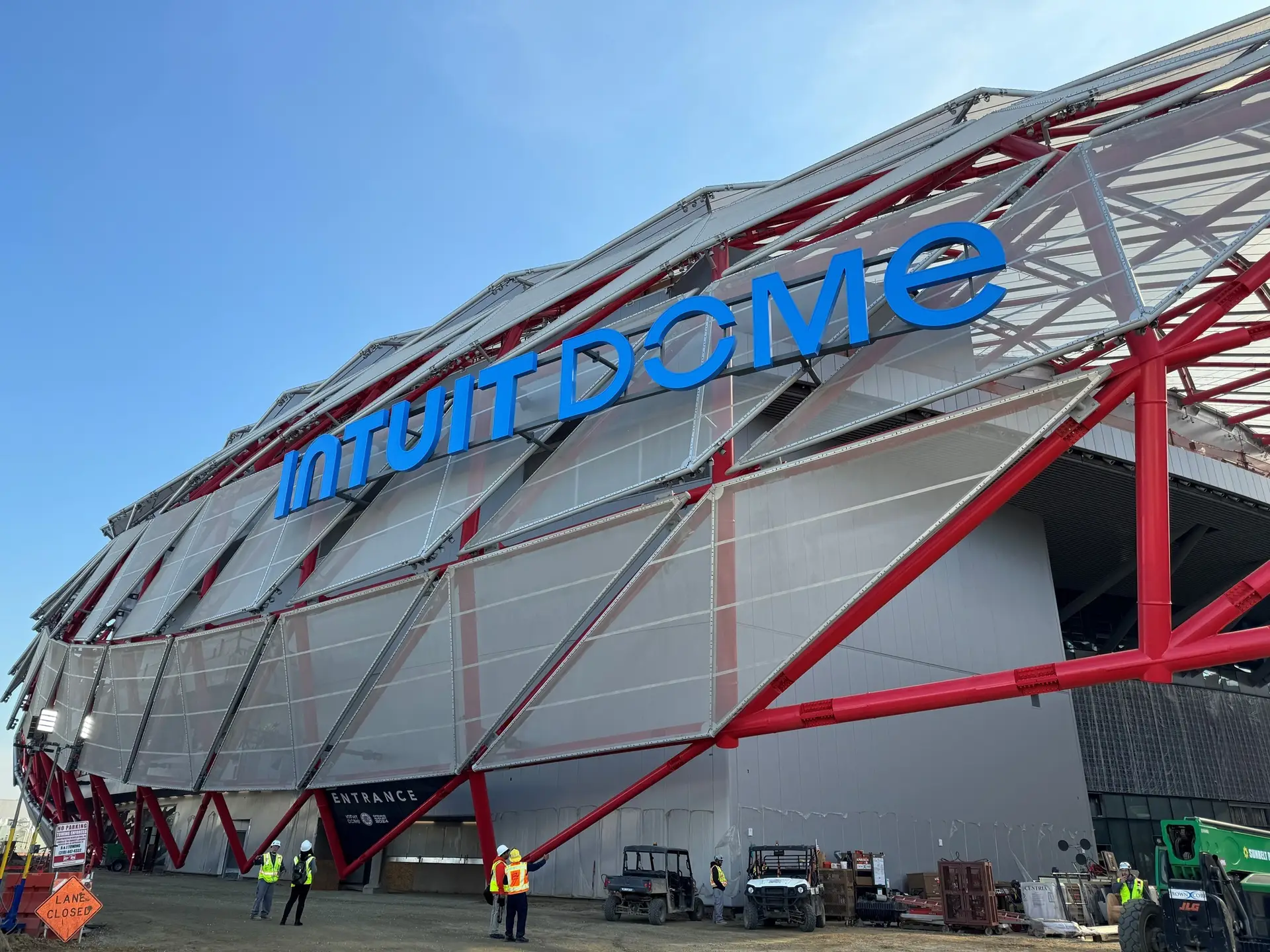On March 25, 2024, the California Supreme Court addressed three questions raised by the United States Court of Appeals for the Ninth Circuit regarding the interpretation of Wage Order No. 16. These questions centered on the definition of “hours worked” under California wage and hour law, particularly in scenarios involving employee presence on an employer’s remote premises and travel between designated areas.
Compensability of Time Spent Undergoing Employer-Mandated Procedures:
First, the Court determined that time spent by an employee on the employer’s premises awaiting and undergoing mandatory entrance and exit procedures, including vehicle inspections, and flashing a security badge, is compensable as “hours worked.” The decision underscores that activities controlled or required by an employer, even if occurring outside traditional work duties, may require compensation.
This aspect of the ruling has garnered particular attention due to its significant implications. The Court acknowledged varying accounts regarding the delays in the entry and exit processes at the gate; while some employees reported no delays, others cited substantial waits ranging from 5 to 30 minutes. Even minor delays at the security gate, leading to traffic congestion, can transform the commute into working time by virtue of the employer’s exercise of control. The Supreme Court likened this scenario to the security checks required for employees departing the Apple store in the case of Frlekin v. Apple Inc., 8 Cal.5th 1038, 1045 (2020). There, the Court found that the time employees spent on Apple’s premises waiting for, and undergoing, mandatory exit searches of personal belongings brought by employees for personal convenience was compensable as hours worked.
Employer-Mandated Travel Between Security Gate and Parking Lots:
The Court’s response to the second question clarified the compensability of travel time between the employer’s security gate and employee parking lots. The Court found that if the security gate is the initial location where an employee’s presence is required for employment-related reasons beyond site access, such travel time constitutes “employer-mandated travel” and is compensable. However, ordinary workplace rules imposed during this travel, such as traffic regulations, do not elevate the commute to compensable “hours worked.”
This aspect of the decision is more of a mixed bag. The rules governing travel on the restricted road failed to establish sufficient control by the employer to warrant compensation for the commute, marking a favorable outcome for employers in this aspect. Despite this, the presence of a factual dispute means that the employer will not be able to secure summary judgment because the employee is contending that the employer required him to report to the gate at a certain time, while the employer contends that only practical necessity required the employees to arrive at the gate by a certain time to be on time for work.
Unpaid Meal Periods and Employer Restrictions:
Lastly, the Court determined that unpaid meal periods are compensable as “hours worked” if employees are prohibited from leaving the employer’s premises or designated areas during the break and if the prohibition prevents the employees from engaging in otherwise feasible activities. However, when the location’s remoteness renders travel impractical within the allotted meal period timeframe, this impracticality does not constitute sufficient employer control to warrant compensation for the time spent. Nevertheless, it is important to note that the exemption for meal periods under collective bargaining agreements, as outlined in both the Labor Code and Wage Order, does not exempt employers from compensating employees for time if the prohibition on leaving the work site establishes control.
Takeaways for Employers:
Employers must review and potentially revise their compensation policies to ensure compliance with the Court’s interpretation of compensable work hours. This includes accounting for time spent on employer premises for mandatory security procedures. Employers should provide clear guidelines regarding mandatory procedures and travel expectations to minimize ambiguity and potential disputes over compensable hours. Employers should also review meal period policies to ensure that employees are not restricted from leaving the premises during meal breaks since such restrictions may render such breaks compensable.
Please contact your Hill Farrer attorney or any member of our Labor and Employment department at (213) 620-0460 to determine whether you need revise your employee policies in response to this new decision regarding what qualifies as sufficient control to warrant compensable time.





